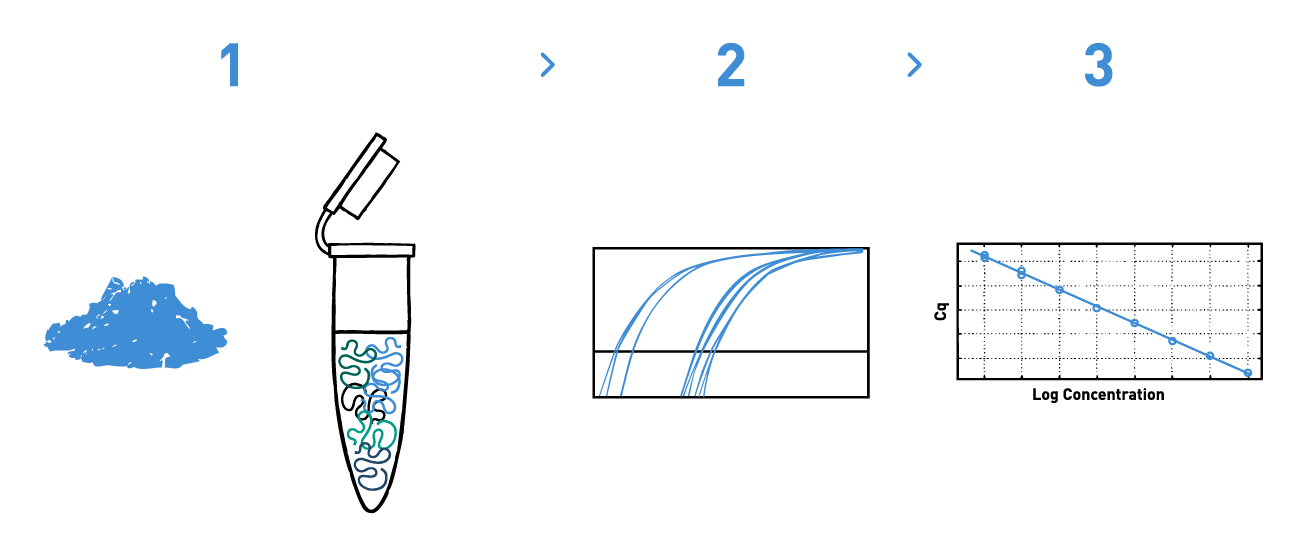Experts in detecting microorganisms in soil and plant material by qPCR
Soil and plant microorganism detection service using qPCR
The use of beneficial microorganisms is an alternative for pest management and improved crop performance which is being used more and more. However, the effectiveness of these treatments can be difficult to prove in terms of establishment and persistence of the inoculated microorganisms in soils.
Tracing a beneficial microbial strain in the field is therefore essential to guarantee the quality of a newly marketed inoculum and, in turn, to encourage its use by farmers. At AllGenetics, we develop custom-tailored quantitative PCR (qPCR) assays to reliably identify DNA from a particular fungal or bacterial strain in soil and root samples, and discriminate it from other native strains.
This culture-free assay enables not only the detection of the inoculated strain with high specificity, but the quantification of the number of detected target sequences as well. Therefore, our microorganism detection service is an invaluable approach to monitor the persistence and proliferation of a microbial-based product over time after its application.
Please note that the abundance of target DNA sequences estimated by qPCR may not correlate with the number of microorganisms under certain experimental designs (e.g. when the target is located within a plasmid which can be in variable copy number in the cell). The technique does not distinguish between living and dead cells.

Step 1
We isolate DNA from your soil or plant samples. We have adapted different DNA isolation protocols, depending on the starting biological material.
Step 2
We perform qPCR to amplify and quantify target DNA sequences using in-house developed primers pairs and fluorescent probes specific for the microbial strain under study. A pilot qPCR experiment is carried out beforehand in order to check the specificity and efficiency of the assay to set up the qPCR conditions.
Step 3
We analyse the results of qPCR to confirm the presence/absence of the strain of interest and, if present, the abundance of the target sequence in each of the samples analysed.
What you receive
- A table with the estimated abundance of selected target sequences.
- A report of assay performance characteristics (melting curve analysis, PCR amplification efficiency, linear dynamic range, LOD, and Cq values of non-template negative controls).
What we need
Your environmental samples appropriately preserved depending on the sample type (ethanol, silica gel, frozen, or another suitable preservation method). If required, we provide sampling kits and sampling collection guidelines to ensure that your samples arrive at our lab in optimal conditions.